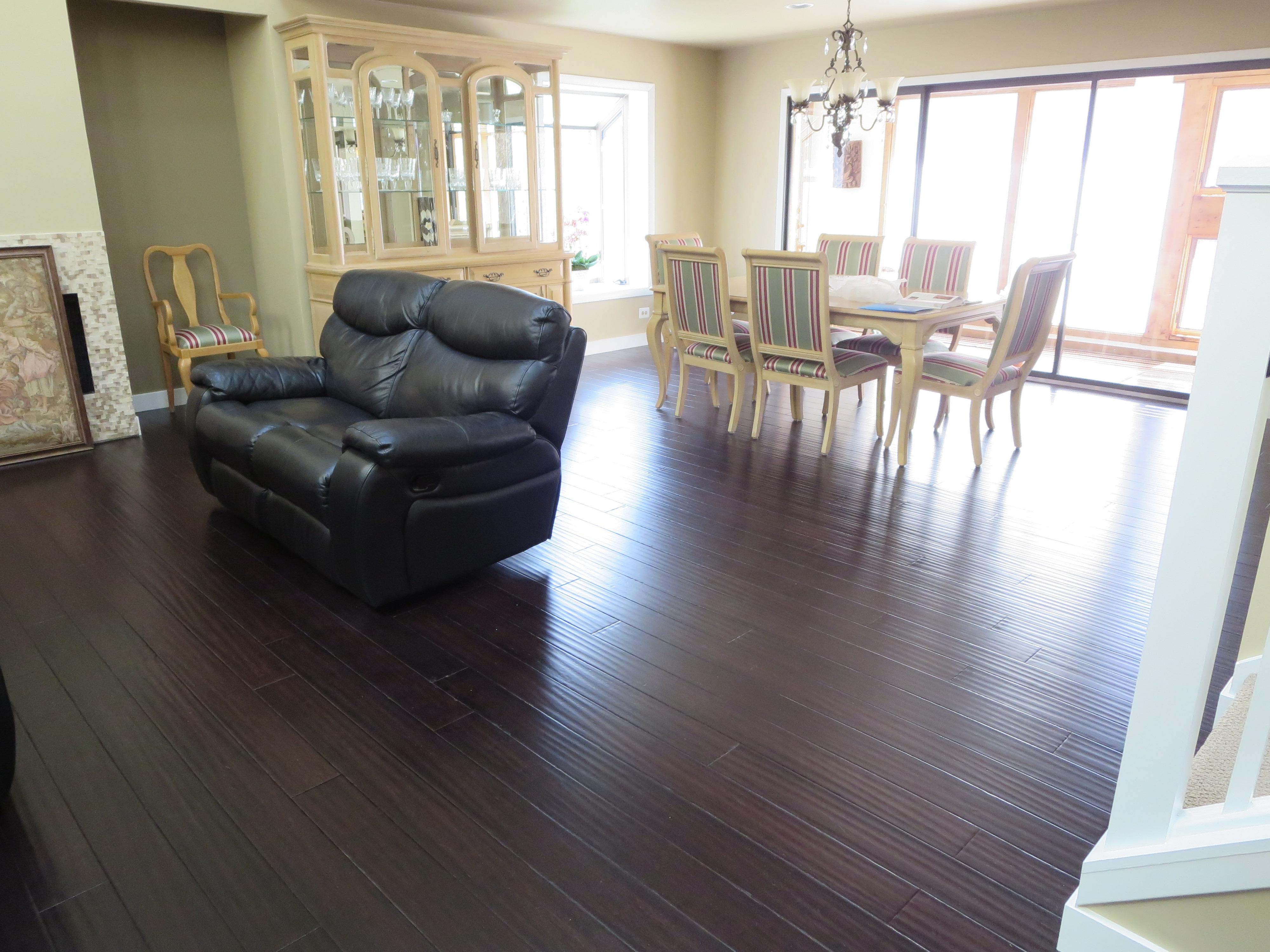
When remodeling floors, many people immediately think of traditional hardwood planks. This is a great idea: they’re classy, beautiful, and add value to your home. However, they’re also expensive and tough on the environment. So, though traditional hardwood is a great option, there is also a new material on the market that has been gaining in popularity due to its strength, selection, and cost-effectiveness. Therefore, when shopping around, bamboo flooring is definitely something worth checking out.
Exotic Construction
Guest what? Bamboo floors are not technically made of wood. Though they are harder than most hardwoods, they are actually a form of grass. Often grown in China and other regions of Asia, these hollow shoots are cut down, sliced into strips, and then laminated together to look like traditional wooden plants. They often come in only two shades: their natural light-colored tint or they can be boiled—often called carbonized—for a darker look (but this may also make them a bit softer as well). Though there are only two shades, due to their overall abundance, there are tons of color options available.
Create Stronger Environments
- In the World: One unique benefit of bamboo flooring is that it is exceptionally environmentally friendly. Bamboo reaches full maturity in just a few years, unlike wood which takes decades to grow. Plus, it rejuvenates on its own without any need for re-planting. In fact, if it isn’t cut down often, it can actually put a strain on the environment. This makes it a truly renewable resource. Also, its initial production has almost no impact on the natural world because no pesticides or fertilizer is required in its development. And don’t worry about native animals: panda bears actually eat a different species of bamboo in a different region of the country.
- In the House: But not only are they a great ecological product, bamboo floors provide great benefits for the home environment as well:
- Durable: Due to its strength, this material is often impervious to dents and lasts a long time (it often come with a 10-20 year warranty).
- Flexibility: Though stronger than most hardwoods, it is still lightweight, easy to cut for installation, and flexible enough to fit any room dimensions.
- Resilience: It is mildew, pest, fire, and stain resistant.
Installation Options
Bamboo floors can be installed in any room, on any type of sub-floor. Its installation is like that of any other wood product, so any contractor should be able to take care of it. When you do install, here are a few popular design options available:
- Horizontal Style: This is when the planks are laid flat on the ground, revealing the plant’s growth rings (also called “knuckles”) for a more natural look.
- Vertical Style: When the strips are laminated on their sides, so that the strips appear in longer, thinner rows, allowing your floors to have a tight, intricate look.
- Strand-Woven: This type of bamboo flooring looks like any other design out there, but it is produced a little differently: the strips are uniquely coated, compressed, and milled to retain an even greater strength.
Cost Cutting
Not only does it cut environmental costs, bamboo flooring will also preserve your budget. When it comes to installation, since it’s laid like any other product, the price will be the same. But the cost of the product itself is significantly cheaper: it’ll run you about $5-10 per a square foot; almost half that of other hardwoods. Plus, it can save you on maintenance costs. It’s easy to take care of with some simple sweeping and mopping. But just because it’s tough doesn’t mean it’s indestructible. Don’t slide furniture around and use rugs where you can. And though naturally moisture resistant, quickly clean up spills and avoid installation in damp areas of the home: basements, bathrooms, washrooms, etc.
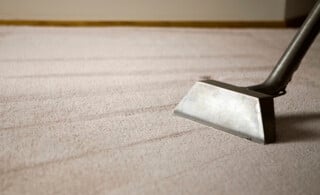 Is Your Carpet Cleaner Good for Your Health and the Environment?
Is Your Carpet Cleaner Good for Your Health and the Environment? 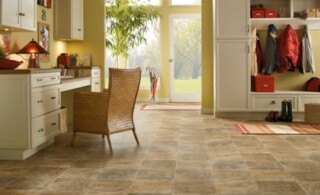 Green Flooring: Vinyl and Linoleum
Green Flooring: Vinyl and Linoleum 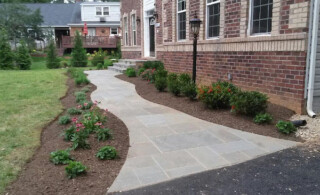 Green Driveways, Patios, Walkways, & Floors
Green Driveways, Patios, Walkways, & Floors 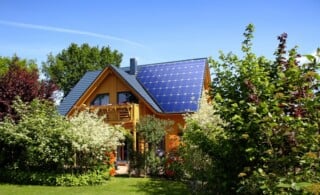 Sustainable Home Improvements that Help Save the Planet
Sustainable Home Improvements that Help Save the Planet 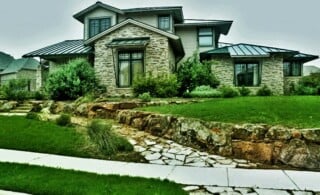 Green Building Glossary
Green Building Glossary 

I was considering bamboo flooring for a kitchen makeover but was told by a flooring dealer that he does not carry bamboo because of problems with moisture causing the material to disintegrate.
I would like comments from other dealers
I have had bamboo in my kitchen for years now and it still looks just as good as when they installed it.
Would bamboo click planks work on first floor, ground level concrete,if concrete will be treated with moisture sealer or epoxy paint,and an additional moisture barrier in between?